What is it about EVs?
Electric vehicles have been front and centre for investors looking to profit from the world’s transition to clean energy. Recently, Tesla skyrocketed to a $1 trillion market cap, making it only the sixth company in history do so, joining the elite club of Microsoft, Google, Apple, Saudi Aramco and Amazon (who has a 20% stake in Rivian).
But not all IPOs are created equally.
Rivian completed its blockbuster public stock offering recently, raising an estimated $13.7bn, making it the largest IPO for a US company since Facebook (Meta) went public in 2012. Rivian’s IPO was also the largest worldwide this year and the 12th largest of all time. Also IPO’ing recently, but with much-less fanfare, was Chinese-owned Swedish car maker Volvo. The $2.3bn it raised is set to be used to accelerate its transition into being the first traditional car company to be fully electric.
The start of the EV Opportunity?
EV makers have become investor darlings over the last year or two amid bets on the growing demand for cleaner cars. But is this just the start for the EV opportunity? LMC Automotive predicts that this year EV sales in the U.S. will approach 400,000, nearly double last year’s total. It also forecasts they will nearly double again in 2022 to 730,000. In fact McKinsey predicts 253 million EVs are set to be purchased this decade, from the US, EU and China alone.
With Rivian the latest in a long line of recent EV IPOs, following Li Auto Inc, Nio, and XPeng, investors are clearly excited. However, there are concerns around valuations in comparison to the market caps of traditional companies. For example, Rivian’s market cap is larger than Volkswagen and GM, despite delivering only 1,000 vehicles in 2021; Volvo’s price-to-earnings ratio is under 12, making it clear that not all companies are priced the same.
Of course high valuations are not new to thematic investors, whether it’s Cloud Computing or Clean Energy. Let’s take Facebook’s “overpriced IPO” back in 2014. Following the social media’s $96 billion IPO valuation, a poll of traders, analysts and investors conducted by Bloomberg newswire found 79% thought Facebook was valued too high, described as "muppet bait" by the internet commentator and former stock analyst Henry Blodget. Today that company is worth $917 bn1.
A Tale of Two Stocks
Back in 2014, there was scepticism as to how Facebook would monetise its platform. However, with EV companies their business models are far more transparent: we already know how they will monetise it, it’s a question of whether or not they can.
This is where thematic investing comes into its own, as it lets investors diversify their portfolio and potentially gain exposure to trends that are hard to replicate through active stock picking. Further, thematic investors aren’t emotionally attached to valuations, or having to weigh up what to sell in order to buy a stock, as active managers must; whether we “like” the stock or not, a clean energy or IPO ETF must allocate to these companies (if they fit the methodology). It’s about exposure first and foremost.
We can see the advantages of an exposure-first mentality here; Facebook was added to the IPOX®-100 U.S. Index in June 2012 (one month after its IPO), but the S&P500 Index didn’t add the company until December 2013, a full 18 months later. During that period, Facebook’s stock was up 117%.
It’s a similar story for Tesla. The IPOX®-100 U.S. Index added Tesla in July 2010 and in its four year holding window, Tesla added 1,126%. Broad index investors had to wait a further six years to gain exposure to the world’s largest EV maker. Elsewhere, the NASDAQ® Clean Edge® Green Energy Index added Tesla in September 2010, maintaining an average weight of approximately 8% through to November 2021. The stock added an astonishing 24,000% for thematic investors, versus just 193% for the S&P500 index over that same period, owing to its late addition.
However, thematic investors don’t just need to look to IPO indices to include the companies driving innovation and change to their portfolios. Well-constructed thematic indices can include these names just as quickly. Cybersecurity indices can add cybersecurity IPOs, just like Clean Energy indices can add EV IPOs.
One thing that remains clear; the EV movement is gaining traction, doubling again this year in the U.S. as the world drives towards 253 million in predicted sales this decade. While the future can be difficult to predict, and no one can say which companies will be the dominant force in this space, at least Rivian and Volvo, have their coffers filled with cash, as they compete to be the next Tesla.
Source:
1FactSet, 20th December 2021.
References to specific companies should not be construed as a recommendation to buy or sell shares or other financial instruments issued by those companies, and neither should they be assumed profitable. You should consider the fund’s investment objectives, risks, and charges and expenses carefully before investing.
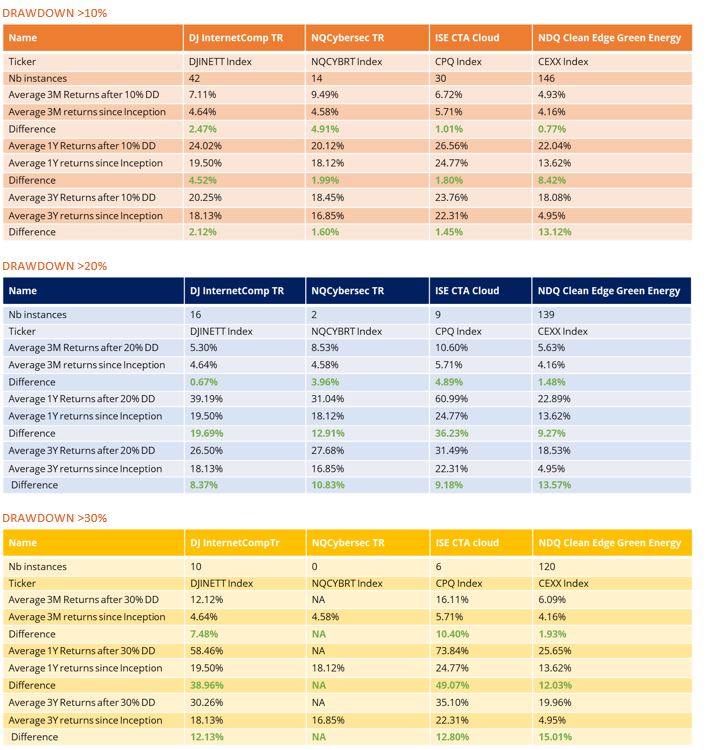
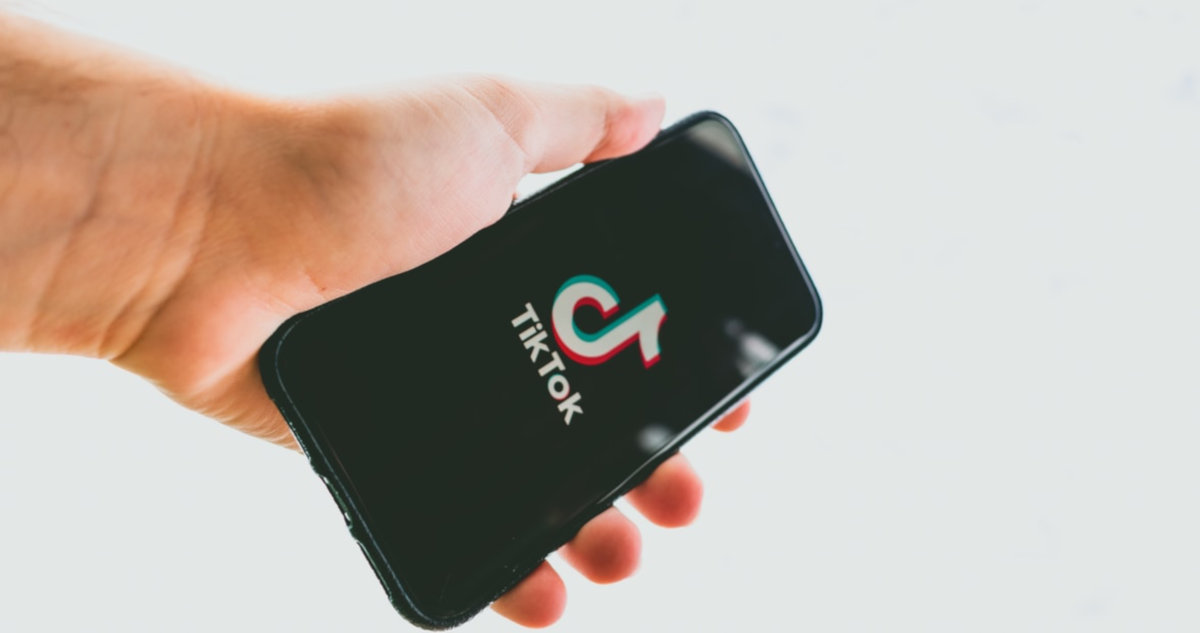

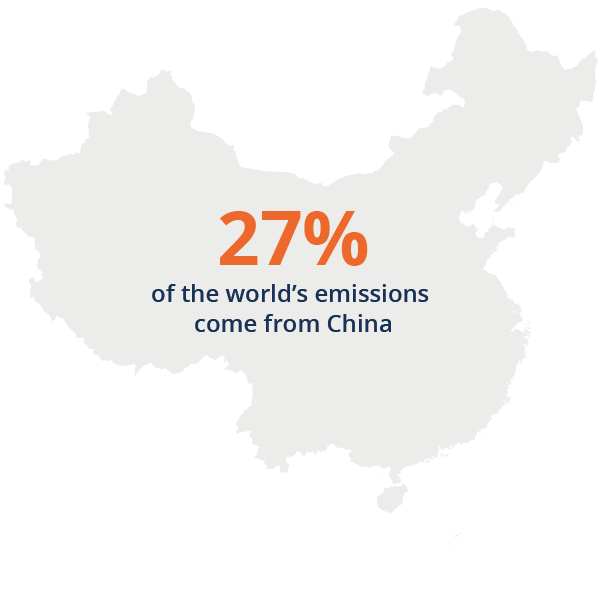
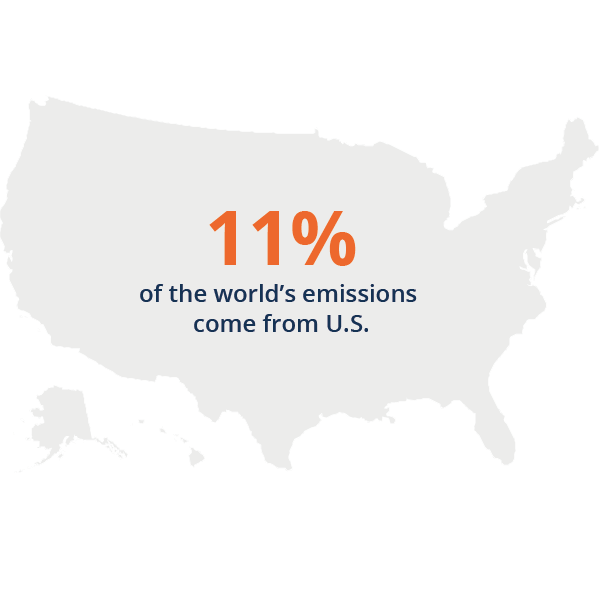
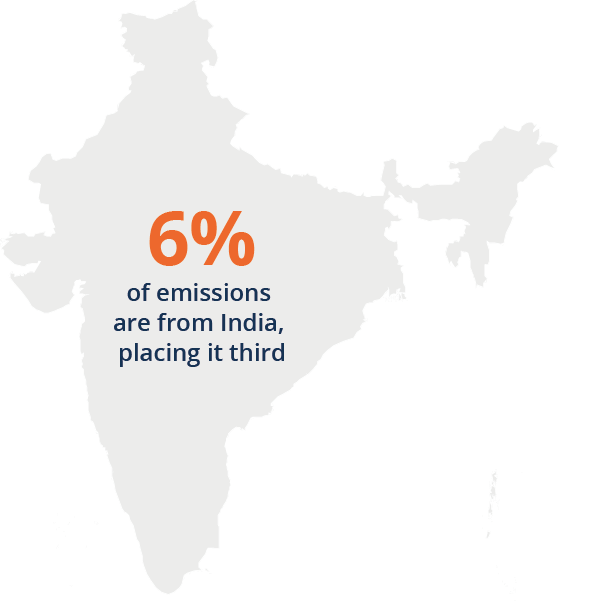


Share